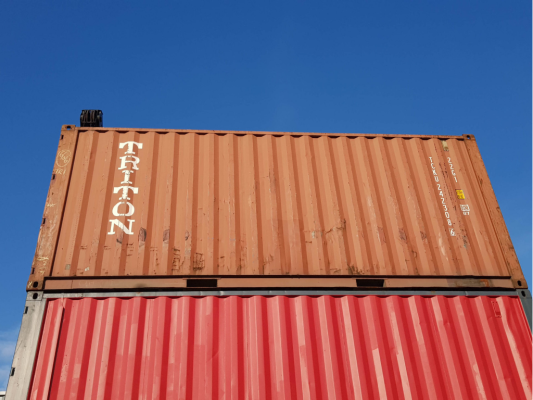10 Must-Know Tips Before Buying a Shipping Container

Buying a shipping container can be an excellent investment for various purposes, such as storage, mobile offices, or even as a base for a unique home. However, with many options and considerations, it’s essential to be well-informed before making a purchase. Here are ten must-know tips to help you navigate the process of buying a shipping container effectively.
1. Understand Your Purpose
Before diving into the purchasing process, clearly define the intended use of your shipping container. Are you looking for storage solutions, a mobile office, or converting it into a living space? Knowing your purpose will help determine the size, type, and specifications you need.
2. Know the Different Types of Shipping Containers
Shipping containers come in various types, each suited for different applications. The most common types include:
- Standard Containers: Typically used for general cargo transport.
- High Cube Containers: These are taller than standard containers, providing additional vertical space.
- Reefer Containers: Refrigerated containers ideal for transporting perishable goods.
- Open Top Containers: Perfect for oversized cargo that cannot fit through standard doors.
Understanding the differences will help you select the right type for your needs.
3. Check the Container Condition
Shipping containers come in new, used, and refurbished conditions. Here are some key points to consider:
- New Containers: These are often more expensive but offer better durability and condition.
- Used Containers: Check for signs of rust, structural damage, and leaks. They may require maintenance or modifications.
- Refurbished Containers: These are repaired and restored to better condition. Ensure you understand the extent of the refurbishment.
Always inspect the container physically if possible, or request detailed photos if purchasing online.
4. Know the Dimensions
Shipping containers come in standard sizes, typically 20 feet and 40 feet in length. Familiarize yourself with the dimensions of the container you need and how much space you have available. Additionally, consider the height and width if your container will be used for specific purposes like stacking or interior modifications.
5. Consider Your Budget
Establish a budget that includes not only the cost of the container but also additional expenses such as transportation, modifications, permits, and maintenance. Keep in mind that while new containers may cost more upfront, they might save you money in repairs and replacements down the line.
6. Evaluate Delivery Options
Shipping containers are heavy and often require special transportation for delivery. Consider the following:
- Local vs. International Shipping: Local deliveries may be easier and cheaper.
- Transport Costs: Factor in costs associated with moving the container to your desired location.
- Access: Ensure there is enough space for delivery trucks and the container itself to be placed at your location.
7. Investigate Local Regulations and Permits
Before purchasing a shipping container, research any local zoning laws or regulations that may apply. Some areas have specific rules regarding the placement and use of shipping containers, especially if you plan to use it as a dwelling or business space. Obtaining the necessary permits in advance can save you from potential legal issues.
8. Think About Modifications
If you plan to convert the shipping container for a specific use, consider what modifications you’ll need. This could involve adding windows, insulation, electrical systems, or ventilation. Factor these costs into your budget and timeline, and ensure you have access to skilled labor if necessary.
9. Research Reputable Suppliers
Take the time to research and find reputable suppliers. Look for customer reviews, ratings, and testimonials to ensure you are dealing with a trustworthy business. Comparing prices and services from multiple suppliers can also help you secure the best deal.
10. Warranty and Return Policy
Finally, understand the warranty and return policy associated with your purchase. Reputable suppliers often offer warranties that cover structural integrity or other issues. Knowing your options in case of defects or dissatisfaction will give you peace of mind.

